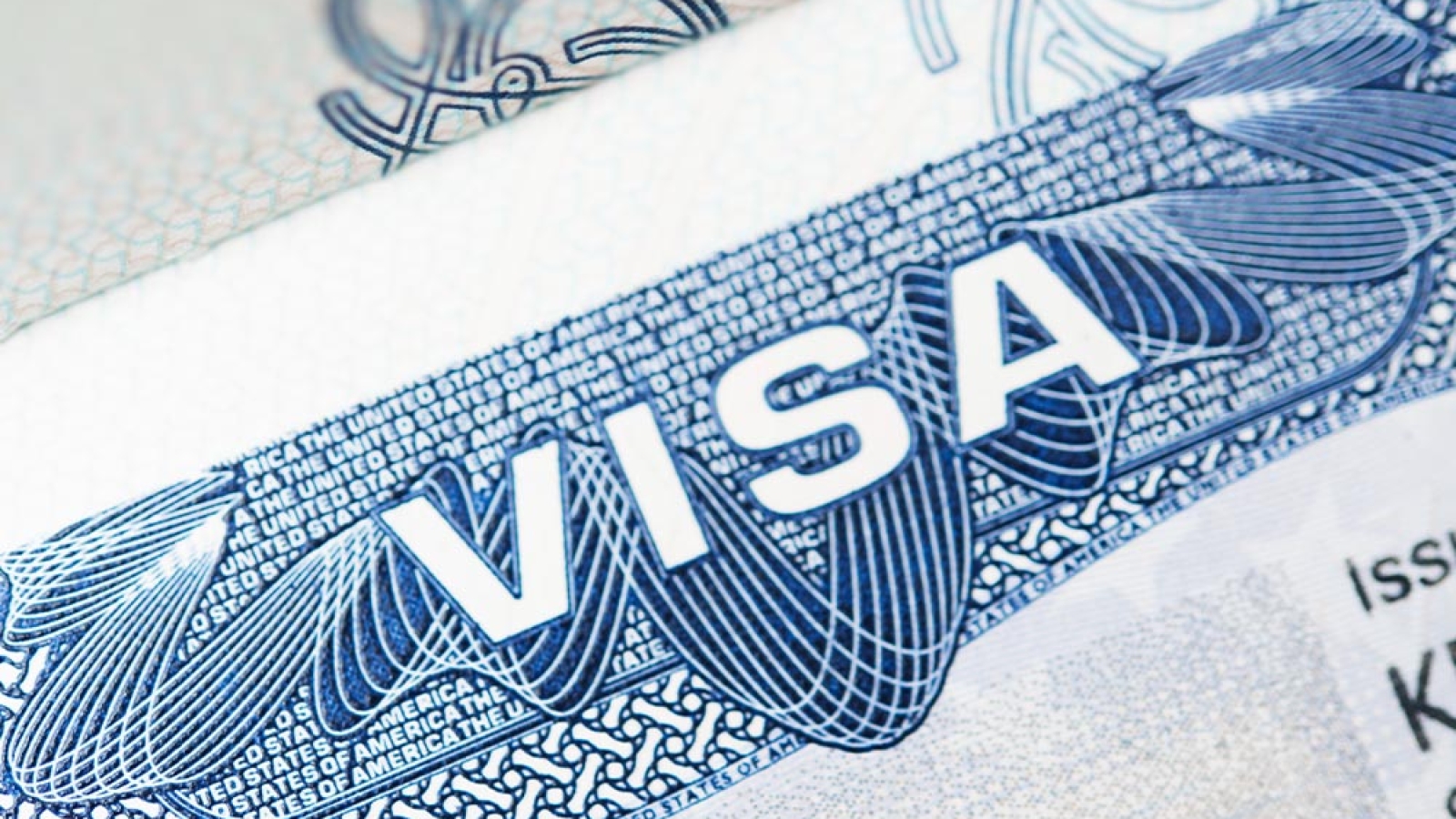Q: Who is eligible to benefit from this relief bill?
A: The people covered by the proposed relief plan are those who arrived in the United States before 2011 and have continuously resided in the U.S. since then, and who have lost their legal status as of the date of the bill’s enactment. This includes both individuals who initially entered with a visa and those who entered the country illegally (without inspection). Although the final regulations would make it clearer, it is highly likely that even those currently in removal proceedings would be included in the relief measure. Furthermore, because the bill does not explicitly state that “you must already have lost your status at the time of enactment,” individuals who lose their status after the enactment date might also be covered, depending on how the regulations are interpreted. However, there will be restrictions for those with certain criminal records, and applicants must pay related fees. Consequently, those who have committed drug trafficking, prostitution, human trafficking, money laundering, or a crime involving moral turpitude (CIMT) may be disqualified, except for certain minor or one-time offenses.
Q: What benefits does this relief plan provide?
A: Within 90 days of the bill’s enactment, implementing regulations would be issued, and within another 90 days, applications could be filed. Those who meet the criteria would receive a five-year “parole” status, freeing them from deportation and granting them an Employment Authorization Document (EAD) and a Social Security number. This would allow them to work legally and travel overseas if they obtain a travel permit (advance parole). The initial parole status would be valid for five years, with the possibility of extension until September 30, 2031. Additionally, with a REAL ID-compliant license or ID, they could board domestic flights.
Meanwhile, unused visa numbers would be made available for reuse, which means people with already-approved family-based petitions or those stuck waiting for employment-based priorities might be able to file green card applications earlier. Specifically, a person whose I-130 has been approved can file for adjustment of status if more than two years have passed since the initial filing, without regard to the usual priority date backlog. This approach aims to expedite the process and reduce the lengthy wait times many have endured.
Contact Information
(714) 295-0700
(213) 285-0700
greencardandvisa@gmail.com
KakaoTalk ID: greencards
Attorney K. Choi

